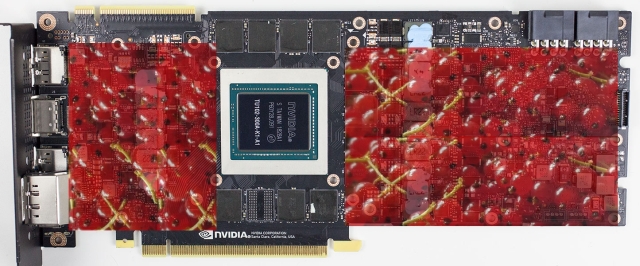Will the 3000 series cards be a huge jump with pcie4?
I just built a 10700k system Z490-A prime board and have a 2060. Looking to get a 3080. Hope I didn't shoot myself in the foot if the perf increase is huge with pcie4.
What do you guys think?
I just built a 10700k system Z490-A prime board and have a 2060. Looking to get a 3080. Hope I didn't shoot myself in the foot if the perf increase is huge with pcie4.
What do you guys think?
![[H]ard|Forum](/styles/hardforum/xenforo/logo_dark.png)


